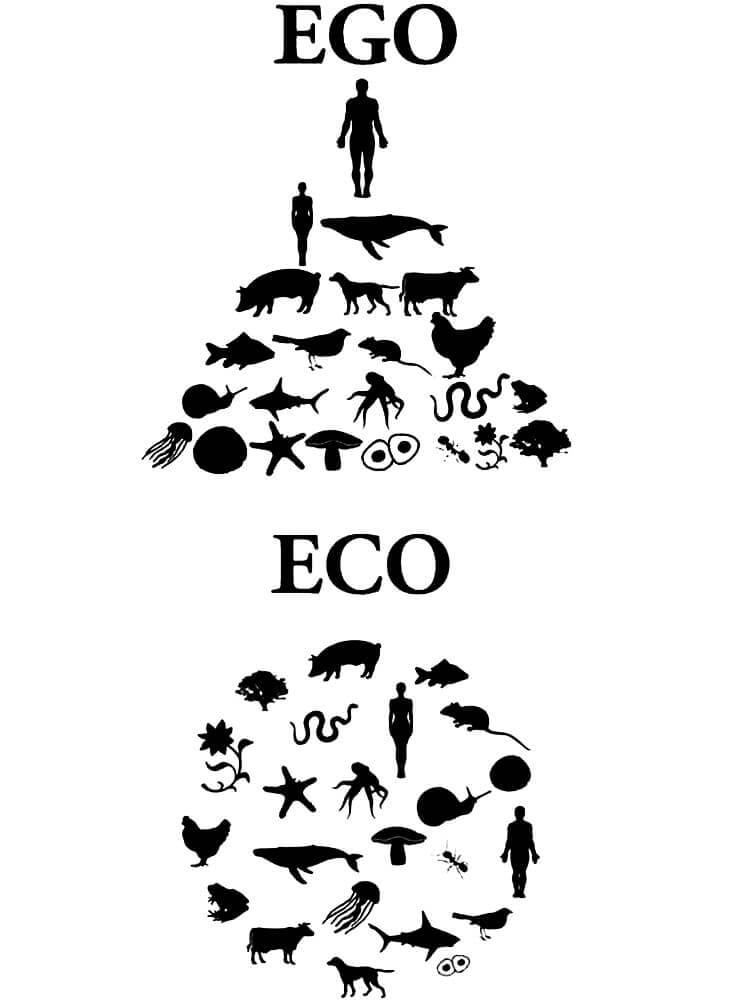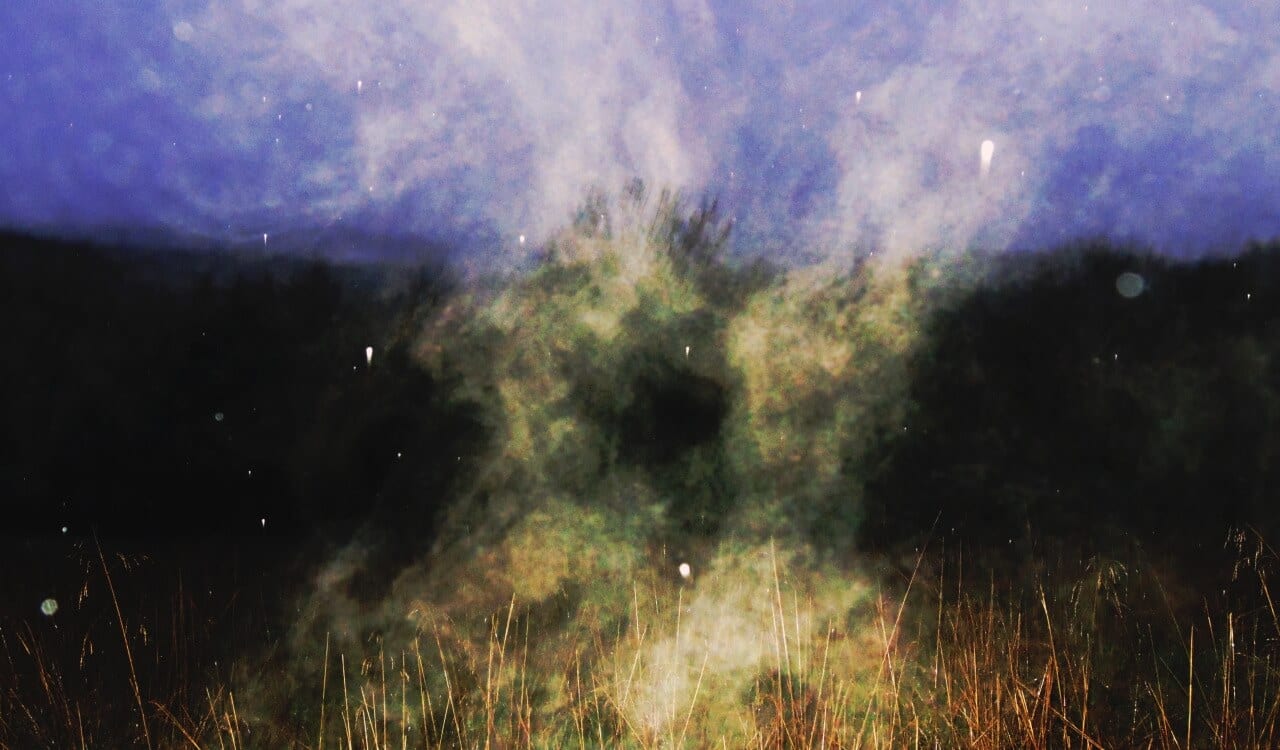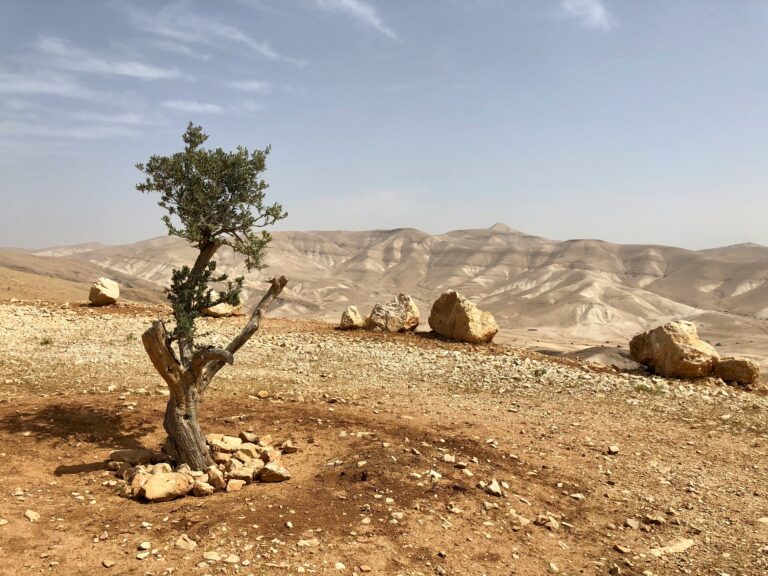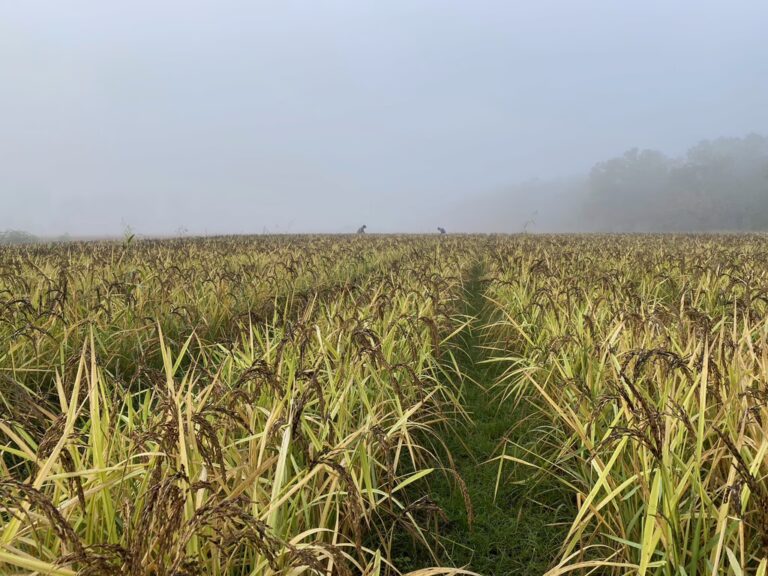As a founding board member of Rocky Mountain Ecodharma Retreat Center (RMERC), the first retreat center in the U.S to use the word “Eco-Dharma” in its name, I have been frequently engaged in discussing “What is Eco-Dharma?”
It is easy to see that Eco-Dharma combines the teachings of Buddhism and/or other contemplative traditions (dharma) with ecological concerns (eco). In his recent writings, David Loy, our Eco-Dharma elder and my fellow founding board member of RMERC, clarifies that for him:
Three aspects or components of Eco-Dharma stand out: practicing in nature, clarifying the ecological implications of Buddhism, and using that understanding to engage in the eco-activism that our situation requires.
These three aspects are very meaningful. The issue for me has been that most (white and privileged) people tend to think that “ecological” only means “environmental.” “Ecology” is the scientific discipline that points towards a fundamental interconnectedness of all species as well as all non-living processes and phenomena in any ecosystem; it sees humans as embedded in the cyclical processes of nature. Study of ecology also acknowledges that no species, no individual or even non-living process fulfills just one fixed role in our planetary, local, societal or family ecosystem(s). Human beings and communities have multiple identities, roles and needs which are interdependent on those of others.
“Ecology” is the scientific discipline that points towards a fundamental interconnectedness of all species as well as all non-living processes and phenomena in any ecosystem; it sees humans as embedded in the cyclical processes of nature.
So what does this multiplicity and interdependence have to do with how we define Eco-Dharma? Meditating, especially in a natural environment, will certainly help all interested environmental activists ground their activism, go beyond self-righteousness, fear, anger, and frustration and open up to their own innate courage, wisdom and compassion. I also deeply resonate with David in acknowledging that traditional Buddhist teachings need to shift in response to our current planetary crisis. We have definitely been short-selling dharma by applying it only in our individual or family lives instead of our societal and institutional issues. What I have been keen to add to the definition of Eco-Dharma is the argument that (and I’m certainly not the first one making it) ‘Eco’ in Eco-Dharma can not be just about environment or nature or what is defined as wilderness.

Even by other names that are currently associated with the interface between spirituality and activism, “Sacred Activism,” “Contemplative Environmentalism,” “Spiritually rooted action,” or the “Great Turning,” it comes down to the same issue: we can’t be environmental activists/advocates without paying attention to inter-dependence and intersectionality between movements (including the idea of “One Movement” that I have explained elsewhere).
For the purposes of this article, let us first consider this: most native people in this country, from whom Europeans stole the land, and native people elsewhere in the world, did not and do not conceptualize wilderness areas as separate from humans. Wilderness is an interconnected world in which human, plants, animals, rocks, and so on are all spiritually animated. However, in the U.S., the Wilderness Act of 1964 formally defined wilderness as areas “where the earth and its community of life are untrammeled by man, where man himself is a visitor who does not remain.” Like our theft of native land, our distorted definition of wilderness breeds a sense of separation, both from our human sisters and brothers and more-than-human world of plants, animal, microbes, rock- and fire-people.
Second, well over half of this nation’s national parks were founded during Jim Crow. Not too long ago, a Berkeley Master’s student, Michael Starkey, found that Black people worked very hard to create and maintain national parks and other forested areas but when it came to acknowledging Black people and their socio-economic realities at the time, all historians (who were White) neglected their contributions. Starkey found that in wilderness literature spanning decades, nearly all actors—whether positive or negative—are white (no mention of Latinx and Asians either). He posits that we have consciously, wrongfully, imagined wilderness to be created by and for white people! The complexity of the relationships that African-Americans have felt with woods, from inter-dependence to fear, have not been acknowledged.
Added to these types of willful blindness is the issue that people of color and the poorest in the Global South (whom we sometimes refer to as under-served communities in the dharma world) have historically borne or will bear the brunt of ecological devastation, and are often at the forefront of the most effective spiritually-rooted activism. If one is curious, there is substantial research documenting how the most poisonous and polluted environment exists in the poorest or “lower” caste/race neighborhoods around the world. The privileged among us, including myself, can turn up the air conditioning, but a mother in India or living in reservations in the U.S may have to walk for miles to get a bucket of water!
We need true Eco-Dharma communities that look at the inner, or psycho-spiritual causes, and the institutional causes (institutional, corporate and political greed) of our ecological predicament.
Last, but not least, there is the issue of the same root cause leading to multiple effects! In the light of ever-growing income inequality, it is not hard to see that at least some of the institutional drivers that militantly keep poor people poor, disenfranchised, and in the most polluted environments, are the same drivers that lead to exploitation and plundering of Mother Earth within and outside this country. The sense of duality and separateness that makes us (both as individuals and institutions) objectify nature, non-human species and other humans, also makes us materialistic and causes both environmental and social-justice problems.

To fully heal and restore our sense of oneness with nature, we also need to pay attention to our false sense of separation from human beings of other social races/castes and economic classes. Environment doesn’t exist in isolation and we can’t heal it (or our relationship to it) in isolation. We need to collectively revisit how we define nature and how wilderness was created in this country. We need to create earnest inter-dependent communities that understand that different people have different privilege and abilities. The privileged ones (those with more resources and energy) need to actively include voices that have been historically suppressed. We need to question our economic and financial systems that no longer serve the planet and most beings. Most of all we need true Eco-Dharma communities that look at the inner, or psycho-spiritual causes, and the institutional causes (institutional, corporate and political greed) of our ecological predicament. These institutional causes receive very thorough analysis in David’s work.
Unless the framework of Eco-Dharma acknowledges and encompasses all these inter-connections, Eco-Dharma in this country will become white just like wilderness and the mainstream environmental movement became white in the 21st century! My humble request is that we confront this issue and ask if we will be able to serve well if Eco-Dharma becomes “White.”
My hope is that we can compassionately and skillfully keep facing these questions without blame, guilt, or anger. It won’t be easy and yet the budding Eco-Dharma movement in this country will not become wholesome without our conscious efforts with respect to these issues!








